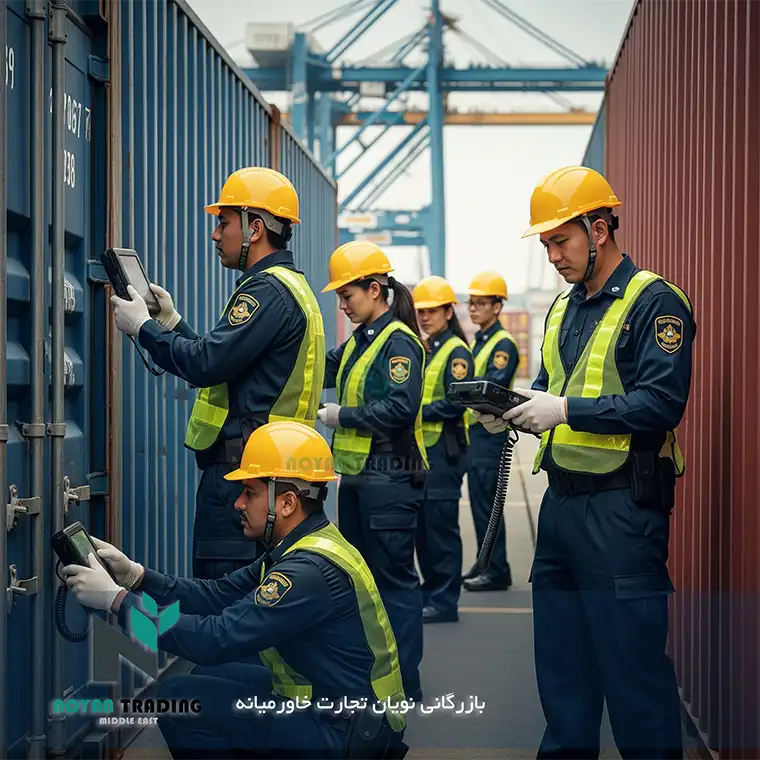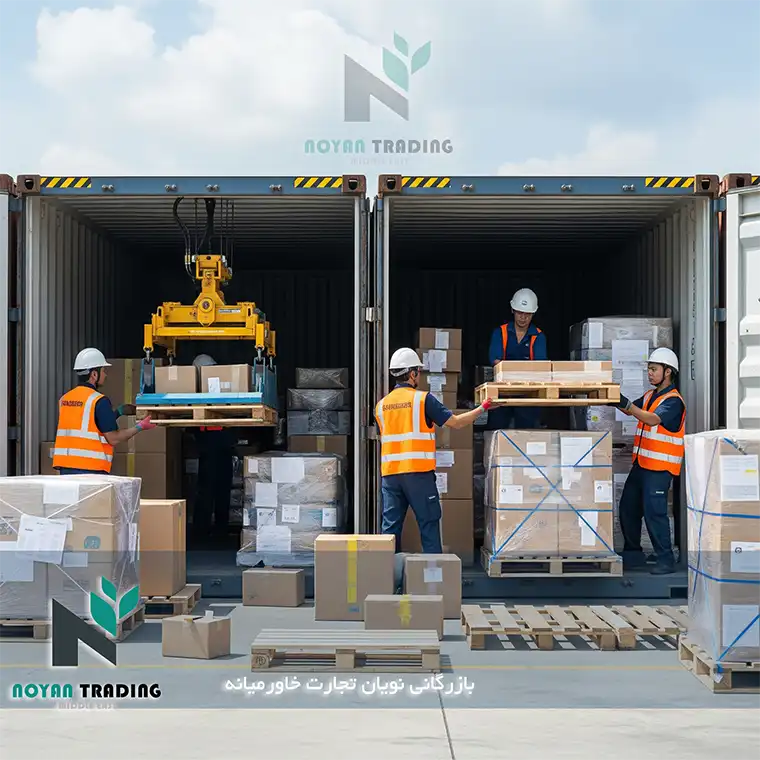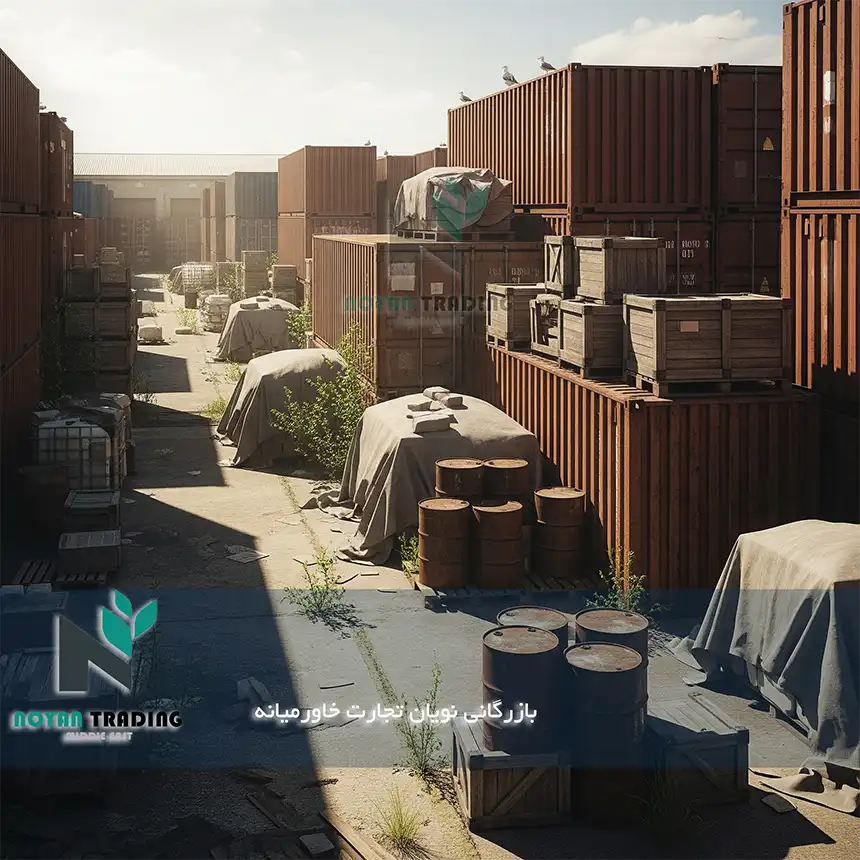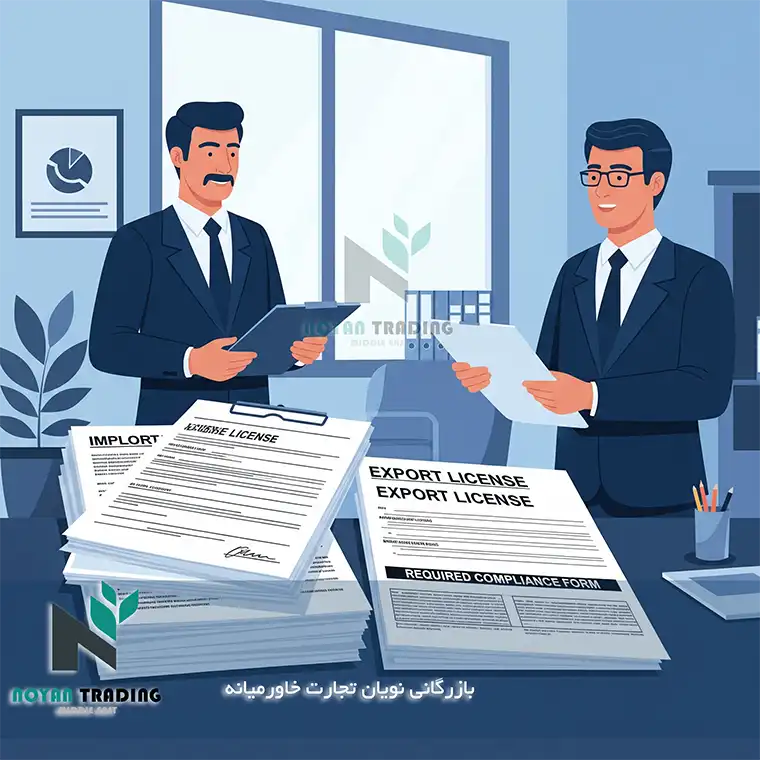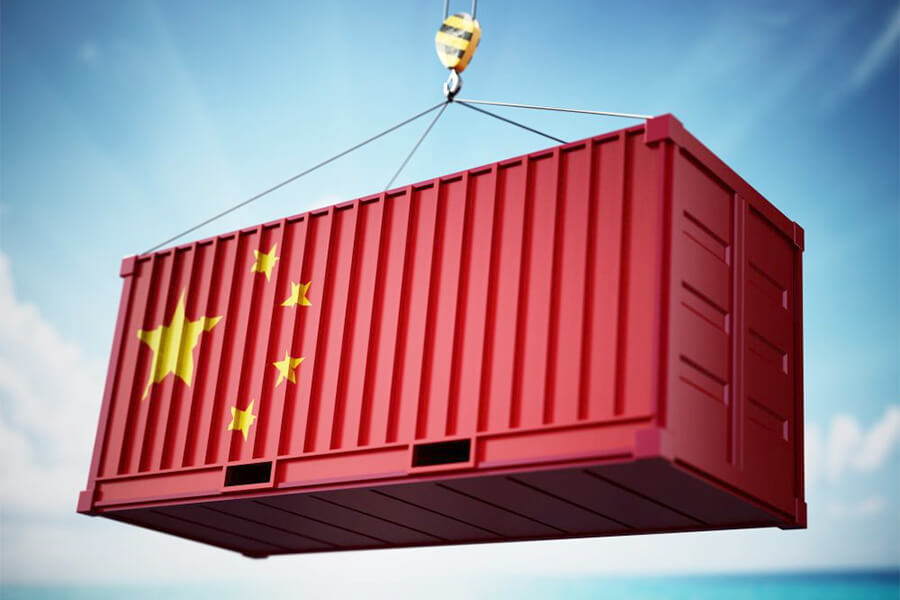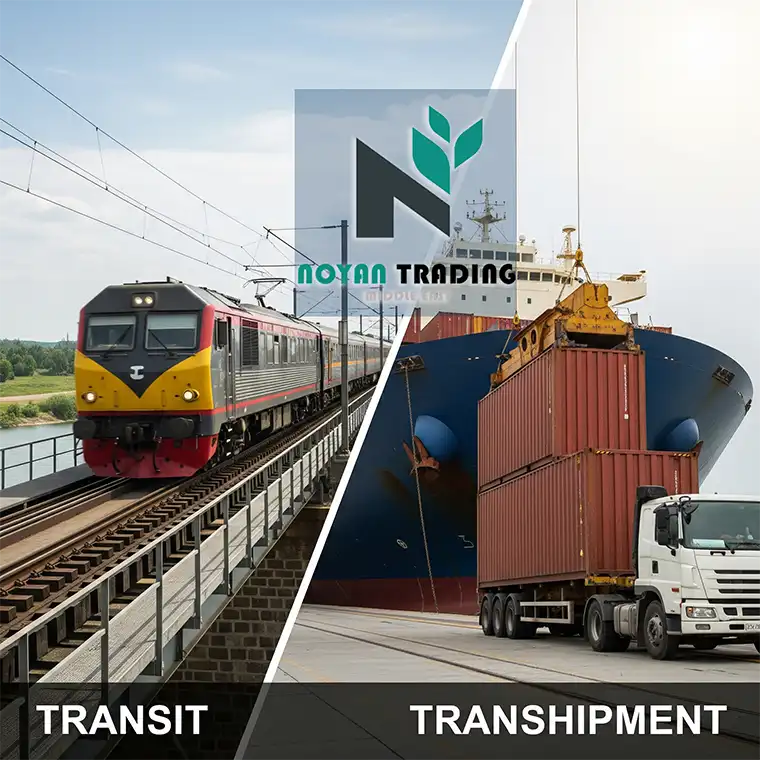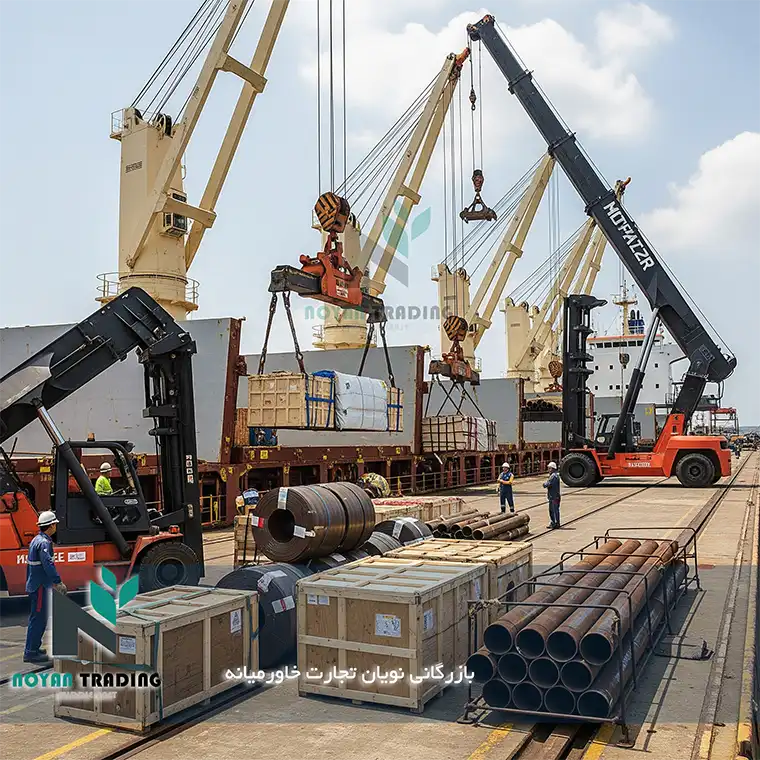Knowing about customs violations is essential for every economic operator, from importers and exporters to customs brokers and shipping companies. Not being aware of these violations can lead to heavy fines, seizure of goods, and even criminal penalties.
In Iran, customs violations are detailed in the Customs Law of 1930 and its Executive Regulations. In general, any violation or attempt to violate customs laws and regulations is considered a customs violation. These violations can be financial (economic), administrative (operational) or even criminal (smuggling) in nature.
General classification of customs violations:
Usually, customs violations are divided into two general categories:
- Customs violations involving financial losses to the government (specific violations/included in smuggling): This category of violations usually includes cases There are those who somehow cause financial losses to the government in terms of import duties (customs), commercial profits, taxes, and duties, or who try to circumvent these payments. Some of these cases are very serious and can lead to charges of smuggling.
- Customs Enforcement Violations (General/Regulatory Violations): These violations are mostly related to violations of customs executive regulations and regulations and usually do not directly cause financial losses to the government, but they cause disruption to the customs workflow and possible abuses.
Common Types of Customs Violations in Iran (Based on the Customs Law):
Regarding Articles 102 and later of the Customs Law, some of the most important and common customs violations are:
A) Violations related to the declaration of goods and documents:
- Underdeclaration of the value of goods:
- Description: Declaring the value of goods less than the actual value or the value determined by customs (customs value).
- Penalties: In addition to collecting the difference in import duties and taxes, a cash fine is also imposed. If this understatement is intended to evade customs duties and is accompanied by false documents, it can be considered smuggling.
- Overstatement of the value of goods:
- Description: Declaring the value of goods higher than the actual value. This usually occurs when the importer intends to receive more government currency or exploit the exchange rate difference.
- Penalties: It can lead to fines and even charges of currency smuggling or other financial violations.
- Non-declaration of goods/excessive goods:
- Description: The presence of goods in the shipment that are not listed in the customs declaration at all.
- Penalties: If the undeclared goods are not of the declared type, they are subject to a heavy fine. If they are of the declared type and are not intended to evade customs duties, they are subject to a disciplinary fine only. However, if this failure to declare is done with malicious intent and to evade paying customs duties, it is considered smuggling.
- Declaring goods instead of other goods (mismatch of type of goods):
- Description: Declaring goods with a lower tariff instead of the original goods with a higher tariff, or declaring permitted goods instead of prohibited/conditional goods.
- Penalties: In addition to collecting the difference in import duties and taxes, a cash fine is also imposed. If malicious intent is detected, it can be considered smuggling.
- Misdeclaration of origin of goods:
- Description: Declaring the country of origin of goods that is not true, especially if this leads to financial losses for the government (for example, if there are preferential tariffs for a particular country) or circumventing sanctions.
- Penalties: Fines, and in certain cases (such as circumventing sanctions) can lead to more serious consequences.
- Provision of false/false documents:
- Description: Providing invoices, bills of lading, certificates of origin, licenses, and other forged or tampered documents to Customs.
- Penalties: It is considered one of the most serious violations and, in addition to very high financial fines, can lead to criminal prosecution and judicial punishments (such as imprisonment).
B) Violations related to customs procedures and deadlines:
- Non-departure of temporary import, foreign transit or return goods within the prescribed deadline:
- Description: Goods that are subject to specific customs procedures(such as temporary entry for processing, foreign transit, or return) must leave the country within the specified deadline or be handed over to customs. Failure to do so is a violation.
- Penalty: If this is not due to force majeure, it is subject to payment of import duties and duties and fines related to smuggling.
- Failure to deliver goods in internal transit within the stipulated time limit:
- Explanation: Goods that are transferred to another customs office (internal) for final clearance must be delivered within the stipulated time limit.
- Penalty: If this failure to deliver is intentional, it is subject to smuggling.
- Tampering with the seal of the goods or removing the goods during transit:
- Explanation: Breaking the seal, tampering with the seal Container or vehicle carrying goods in transit, or loss of part of the goods.
- Penalties: If force majeure is not proven, it is considered smuggling.
- Temporary exit of goods and failure to return within the specified time limit:
- Explanation: Vehicles or goods that have left the country with a temporary exit permit must be returned within the specified time limit.
- Penalties: It is considered smuggling.
C) Administrative (operational) violations:
- Entering or leaving vehicles or goods through unauthorized routes or without formalities Customs:
- Description: Any entry or exit of goods or vehicles from points other than official customs or without completing customs procedures.
- Penalty: Fine.
- Failure to declare the entry or exit of goods by transport operators:
- Description: Transportation companies (air, sea, land) are required to declare information related to the entry or exit of goods to customs. Failure to do so is a violation.
- Penalty: Fine.
- Non-compliance with the number of packages with the bill of lading:
- Description: The number of packages of incoming goods is less or more than what is stated in the bill of lading or manifest.
- Penalty: Administrative fine (according to Article 110 of the Customs Law).
- Non-compliance with customs warehousing regulations:
- Description: Includes actions such as failure to separate goods, improper storage, or failure to comply with customs instructions in supervised warehouses. Customs.
- Penalties: Administrative fines.
- Obstruction of customs inspection:
- Description: Failure to cooperate with or obstruct inspection of goods, documents or vehicles by customs officers.
- Penalties: Fines and legal action.
Difference between customs smuggling and customs violation:
It is important to understand the difference between “customs violation” and “customs smuggling”:
- Customs violation: Any violation of customs regulations is referred to, which includes a wide range of errors, from It ranges from inadvertent errors in the declaration to failure to comply with regulations. Penalties for customs violations are usually cash fines. In these cases, it is usually not necessary to prove “malicious intent” to commit the violation.
- Customs smuggling: is a crime and includes cases that are committed with malicious intent and the purpose of evading the payment of customs duties and taxes, or importing/exporting prohibited goods. In addition to very heavy cash fines, customs smuggling can lead to criminal penalties (such as imprisonment) and seizure of goods in favor of the government. Article 113 of the Customs Law explicitly defines cases of customs smuggling.
Authority for handling customs violations:
- Heads of Customs: In cases of disciplinary violations and some minor financial violations, the head of the local customs can directly determine the fine.
- Dispute Resolution Commissions Customs: In cases where a dispute arises between customs and the owner of the goods (or his representative) over customs violations (especially cases involving financial losses to the government), the case is referred to the Customs Disputes Commission. This commission has two stages: first instance and appeal.
- Judicial authorities: In the case of customs smuggling, the case is referred to the judicial authorities (courts) and processed.
Prevention of customs violations:
The best way to avoid getting involved in customs violations:
- Full knowledge of the laws: Carefully study the customs law and relevant regulations.
- Using experienced and committed customs brokers: Professional customs brokers are familiar with the latest changes in laws and procedures.
- Honesty in statements: Providing accurate and correct information about the goods, value, origin, etc. in the declaration and documents.
- Obtaining permits on time: Following up and obtaining all necessary permits for importing or exporting goods before entering customs procedures.
- Insuring goods: To cover possible risks, insure the goods
- Monitoring the transportation process: Ensuring the integrity of the seal and the contents of the container along the way.

